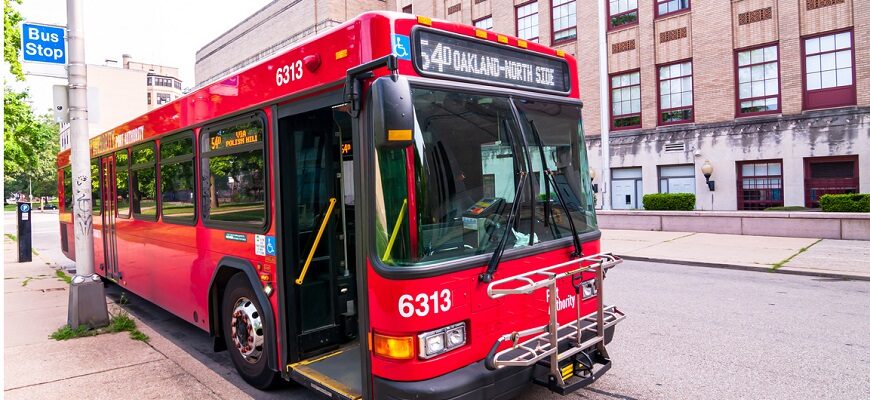
Needs‐based grant programs are intergovernmental fiscal transfer systems that tie grant dollars to the needs of the grantees as determined by objective indicators. Although performance improvement is not an explicit goal of such grants, the associated awards could work as incentives for grantees to meet the grant criteria. In other words, it might be the case that grantees seek to improve their performance to fulfill the criteria, even though the grant‐makers intended such grants to support the existing operational needs of the grantees.
In a recent study published in Public Budgeting and Finance, Obed Pasha and Ted Poister tests these assertions in the context of the small transit intensive cities (STIC) grant that was established as a needs‐based grant system by the federal government to support small local transit agencies operating with unusually high service demands.
STIC grants are a needs-based grant for small transit agencies with service area populations under 200,000. Grants are awarded under this program if a transit agency meets the average performance threshold of transit agencies in larger urban areas on one or more of the following six indicators:
(1) revenue hours per capita;
(2) revenue miles per capita;
(3) unlinked passenger trips per capita;
(4) passenger miles per capita;
(5) passenger miles per revenue hour; or
(6) passenger miles per revenue mile.
The study analyzes the performance of 290 transit agencies over 17 years. Even though it is not necessarily the intent of the program to increase the performance of transit agencies (but rather, to support existing transit needs), the empirical findings show that the access conditions of the STIC grant provide an incentive for improving grantee performance, at least on the indicators which are more amenable to control (service provision and utilization).
Read the entire paper:
Obed Pasha Theodore H. Poister. 2020. Can Needs‐Based Grants Improve Local Transit Performance? Varying Effects by Level of Control. Public Budgeting and Finance 40 (2), Summer 2020: pages 3-19.
